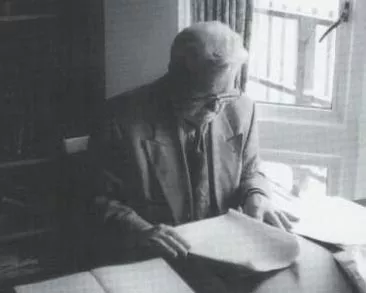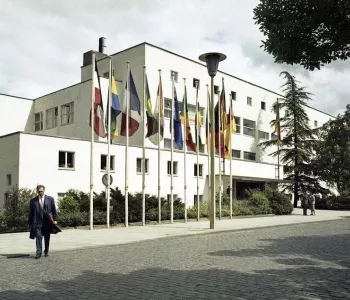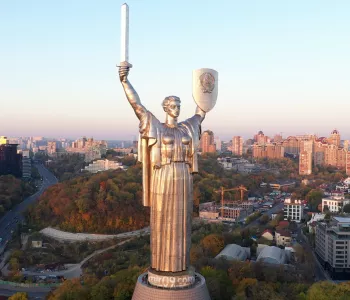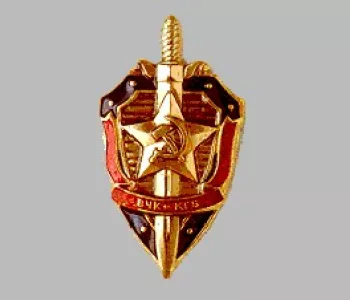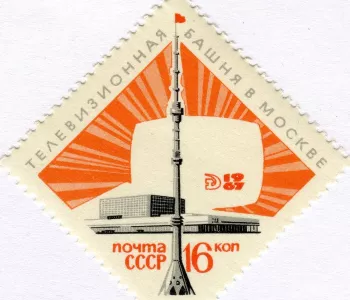This folder includes information on the arrest of Patriarch Tikhon, 1919 and 1922, and Felix Dzerzhinsky’s minutes of 2 December 1920 meeting asserting exclusive role of the VChK in undermining the Church. The note includes extracts of a 23 February 1922 decree on confiscation of Church treasures, and describes the subsequent liquidation of Bishop Phillipe and Professor Uspenski, the emergence and persecution of the True Orthodox Church and True Orthodox Christians operating underground, and KGB Penetration of the True Orthodox Church’s top leadership during the 1960’s. Efforts to strengthen Orthodox control over Belorussian, Kazakh, and Ukrainian national churches, the February 1975 conference of heads of Warsaw Pact security services and their decision to engage in joint action against the Vatican, the World Council of Churches and other religious institutions in the West, and the KGB’s campaign against underground religious manuscript publishers (samizdat) during 1970’s are discussed.
The file contains KGB statistics on religious participation throughout the USSR, and a description of Archbishop Sinod’s, anti-Soviet activities in 1920’s and his support for Hitler during the Great Patriotic War. The notes section includes Mitrokhin’s thoughts on religion in Kievan Russ in 988 and extracts from FCD operations files on Church personalities involved in operations abroad. Includes operational codenames of KGB agents who had infiltrated the True Orthodox Church
